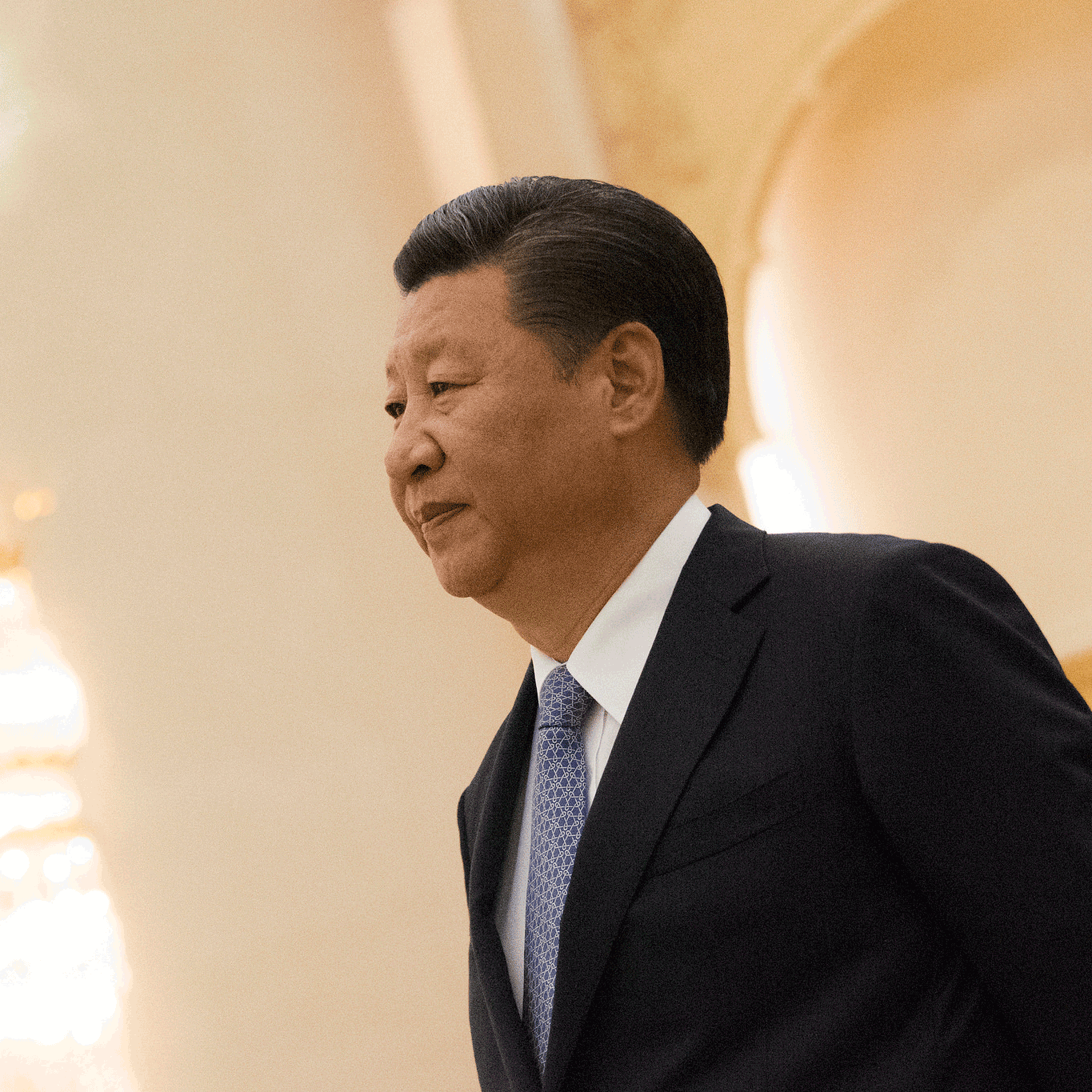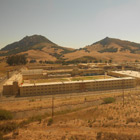
The South Has Got Something To Say
In recent books, Adolph L. Reed Jr. and Imani Perry offer divergent explanations of Southern inequality.


In recent books, Adolph L. Reed Jr. and Imani Perry offer divergent explanations of Southern inequality.

Daisy Pitkin’s On the Line is one of the best books ever written about American trade unionism.

In Bliss Montage, Ling Ma seeks to re-enchant a world whose catastrophes have grown monotonously real.

Ruth Wilson Gilmore’s Abolition Geography is written to be used.

In a new collection, Ilya Budraitskis provides a trenchant analysis of the ideological underpinnings of Putin’s Russia and the domestic political groups that have opposed his government.

Slouching Towards Utopia is a rise-and-fall epic—but it is better at depicting the rise than explaining the fall.

At the heart of Knausgaard’s struggle is the possibility of understanding—between himself and his family, himself and his readers.

Xi Jinping has consolidated power to a degree not seen since the days of Mao. But the rigid system over which he presides may be more fragile than it seems.

Socialist parties emerged as dynamic, powerful forces at the turn of the twentieth century. After decades of decline, can they revive themselves in the twenty-first?

Can a prison novel set in the age of mass incarceration have a successful escape? Rachel Kushner’s answer is at once hopeless and transformative.

Imagining a low-carbon world means revisiting our conception of freedom itself.


Toward Democracy: The Struggle for Self-Rule in European and American Thought by James T. Kloppenberg Oxford University Press, 2016, 912 pp. A Revolution in Color: The World of John Singleton Copley by Jane Kamensky W.W. Norton, 2017, 544 pp. We …

How did a sculptor with neo-Confederate leanings find a home in one of the twentieth century’s most influential liberal salons?

We don’t need to de-politicize Nietzsche to save him from fascist appropriation.

The EU provides a convenient villain for those eager to blame the rise of neoliberalism on unelected bureaucrats acting at the behest of capital. But if historians are correct, this account is a fable that distracts from a grimmer reality.